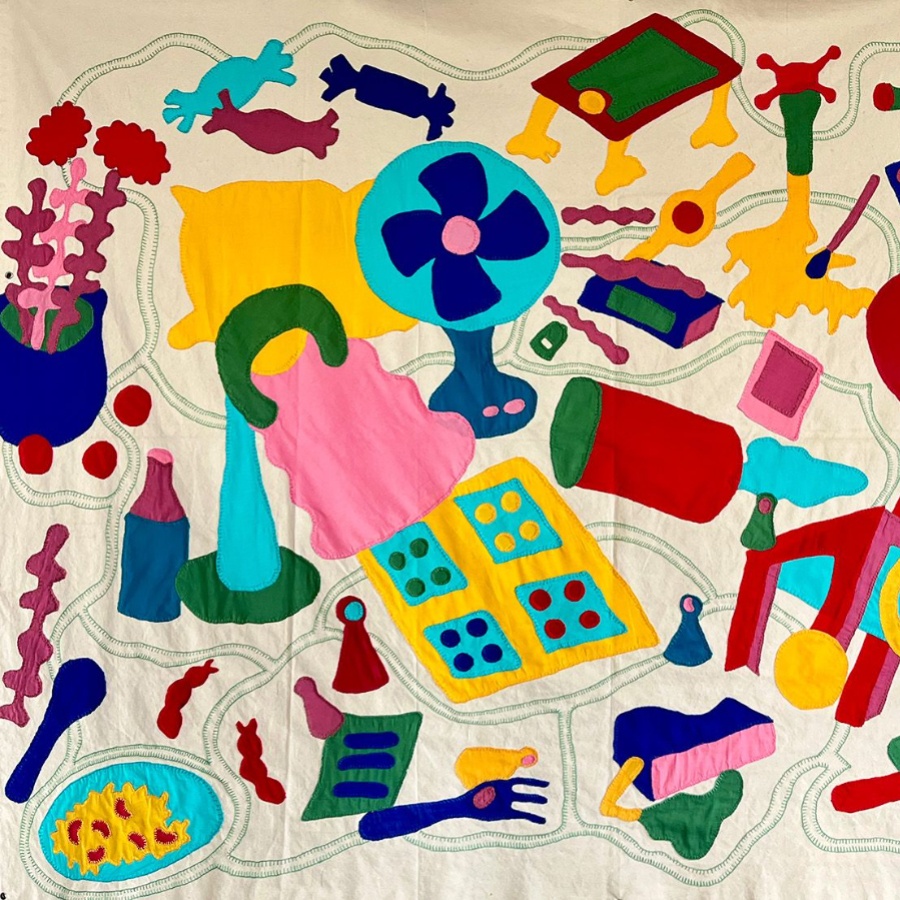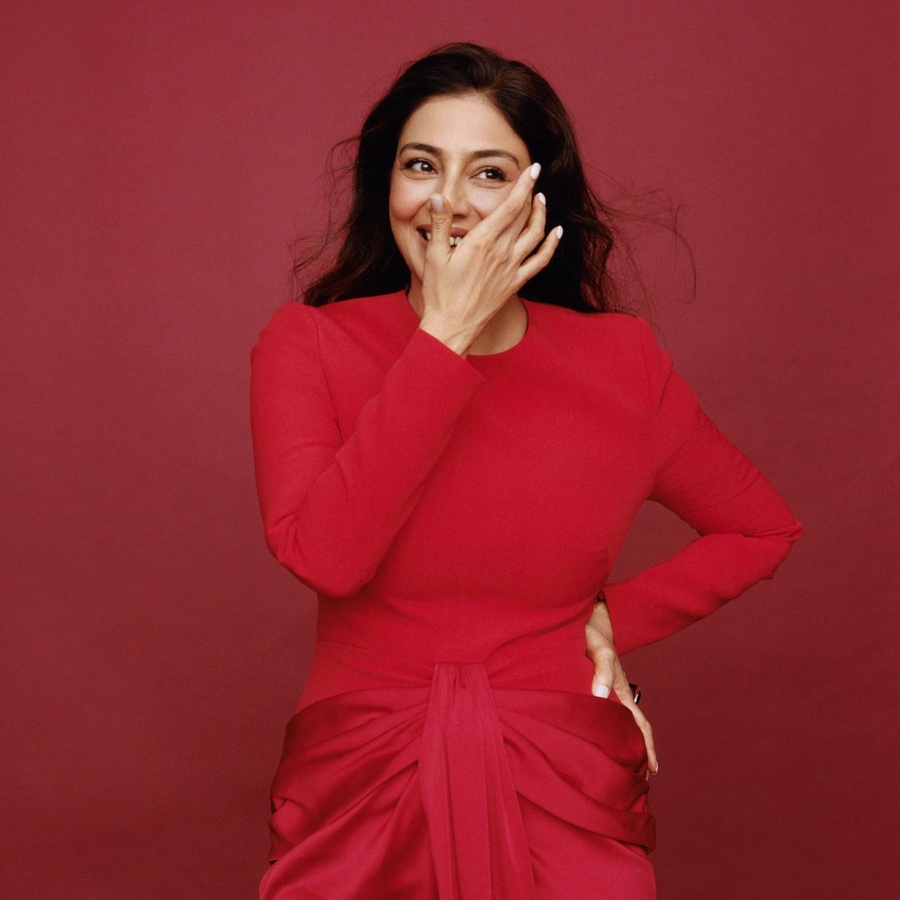Just an illusion
For those unfamiliar with the text, Matilda is the story of a brilliant little girl who is neglected by her family. She develops magical powers, which she eventually uses to defy her school’s evil headmistress, Miss Trunchbull (played in this production by James Wolstenholme). As Matilda grows into her powers, her tricks become bolder, more extravagant—in an iconic scene from the book, she moves a teacup with her mind. And then there's the climactic scene, which readers will remember, involves a piece of chalk that writes (without the help of a hand) a menacing message that appears to come from beyond the grave. For scenes like these, audiences who've grown accustomed to the CGI seen in superhero blockbusters today would expect to see an LED screen or projection of some kind—but will be surprised to see none of that. For one thing, the show was first put together in 2010, long before that kind of tech was available (and hasn’t changed much since). For another—it just wouldn’t feel all that magical.
Illusionist Paul Kieve, who was part of the original creative team that developed Matilda (alongside director Matthew Warchus, playwright Dennis Kelly and composer and lyricist Tim Minchin) insists that magic happens in the mind of the audience. “It’s like a court case,” he tells me over a Zoom call from London. “It’s like your brain is the jury and you have to deliver evidence to the brain in a way that it comes to the conclusion that what it’s seeing is impossible. And of course, it can’t be impossible, because it is very physical.”

Known to incorporate magical tricks into theatre, Kieve is a veteran of the stage, having designed illusions for a number of stage and screen productions since the ’90s—including another Roald Dahl stage adaptation, The Witches, and Martin Scorsese’s 2011 film, Hugo. Interestingly, he also coached Timothée Chalamet on the film Wonka (“They wanted Wonka to have the flourish of a stage magician.”) Kieve’s “ingredients”, as he calls them, are other departments—he might hide a magical prop in a wig, for instance, or centre a trick around a certain arrangement of lighting. His process involves constant, often challenging, collaborations—it takes a lot of work to get a trick right, and one small miscalculation can make it all go wrong. Still, one of Kieve’s favourite anecdotes about Matilda comes from precisely such a moment.
“Early on, when we were still trying to get the chalkboard trick right, there was a cue that was wrong, and the magic writing didn’t happen,” he recalls. “Bertie Carvel, who won a Laurence Olivier Award for playing Miss Trunchbull, realised it wasn’t happening, and pretended—in character—that the chalk had possessed his hand, and was dragging him to the board. So, he wrote the writing on the board, while at the same time, pretending to be terrified.”
Now, 12 years later, the touring production of Matilda works like a well-oiled machine. “We have travelled to 92 cities with this production. The cast and crew are very knowledgeable and work together like ants in a colony,” says resident director Natalie Gilhome, who has travelled with the production to Mumbai. Mistakes are less likely to happen, but even the method behind the madness carries its own sense of magic. “What you’re watching is a very young girl on stage, leading this company through two and a half hours,” Gilhome adds. “It’s never not impressive.”
Matilda is running at The Grand Theatre at the NMACC in Mumbai until June 2, 2024. Get your tickets here.










